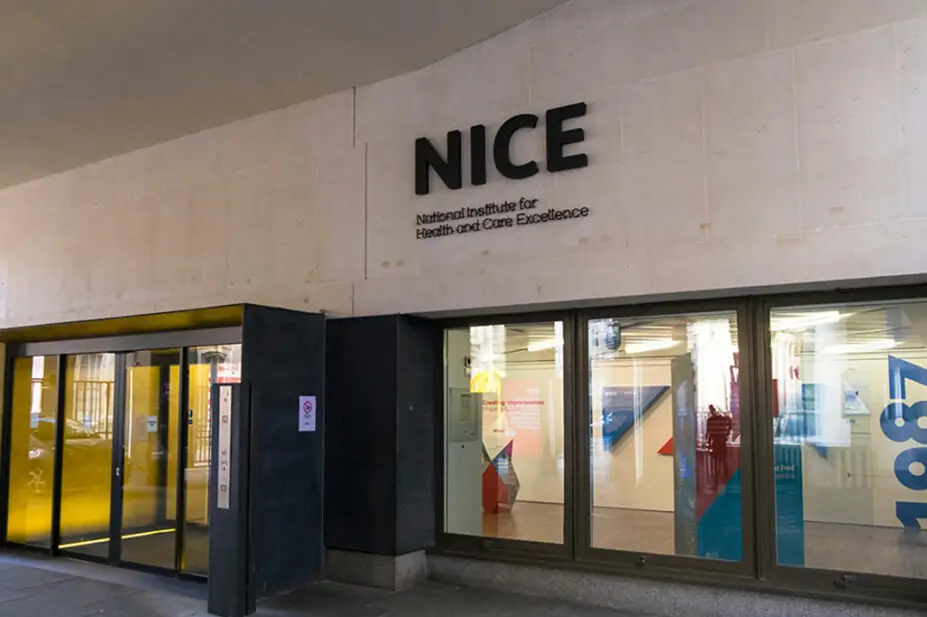
PAL Stock / Alamy Stock Photo
The National Institute for Health and Care Excellence (NICE) has recommended voxelotor (Oxbryta; Pfizer) as a second-line treatment for haemolytic anaemia owing to sickle cell disease (SCD) in people aged 12 years or older, reversing its initial decision against NHS use of the drug in February 2024.
In an announcement published alongside the final draft guidance on 3 May 2024, NICE said its independent committee was able to make the positive recommendation on the new treatment following a price reduction provided by the manufacturer after the initial consultation.
Voxelotor, a haemoglobin S polymerisation inhibitor, has been shown to increase the affinity of haemoblogin for oxygen by inhibiting red blood cell sickling and improving its deformability.
The NICE guidance says that evidence for voxelotor is likely to be beneficial but that there are uncertainties around its long-term effectiveness owing to the short duration of the HOPE clinical trial.
Despite concerns, NICE said that the price change has “mitigated some of the uncertainties in the evidence”, allowing around 4,000 people with SCD to benefit from the new treatment.
Voxelotor was granted market authorisation by the Medicines and Healthcare products Regulatory Agency in July 2022; however, it was not recommended by NICE in its initial draft guidance, published in July 2023, owing to lack of evidence to support its cost effectiveness in clinical trials.
Following an appeal to NICE by the Sickle Cell Society and Pfizer in October 2023, new draft guidance was published in February 2024, which included a revised position on the cost effectiveness of the drug. The public consultation on the guidance closed in March 2024.
Commenting on the announcement, Helen Knight, director of medicines evaluation at NICE, said: “Throughout our appraisal of voxelotor, the independent committee has always considered that it has the potential to address the need for effective treatments for SCD, as well as address NICE’s aim of reducing health inequalities.
“We are therefore delighted that the company has reduced the price of voxelotor to a level that properly reflects the uncertainty in the evidence and enables NICE to recommend it as a good use of taxpayer’s money.”
SCD is an inherited red blood cell disorder, affecting around 14,000 people in the UK, and is most common in people with African, Caribbean, Middle Eastern or South Asian heritage.
The condition causes red blood cells to take on a ‘sickle’ shape, break and die early, which vastly reduces the amount of oxygen they can carry, leaving those affected with chronic anaemia and episodes of crippling pain, which can be life threatening and frequently require hospital care.
Despite being the fastest-growing genetic condition in the UK, there has only been one licensed treatment option, hydroxycarbamide, available over the past 20 years.
John James, chief executive at the Sickle Cell Society, said: “This decision from NICE has brought a great deal of hope, and we are profoundly grateful that this day has arrived. It is a deeply life-changing and celebrated moment for people living with the condition.
“Users of voxelotor have shared with us remarkable stories of improved quality of life, reduced pain and substantial increases in energy levels.
“This has allowed them to work, connect with friends and family, improve their physical and mental health, and generally achieve a quality of life the rest of us often take for granted,” added James.
“We have seen decades of underinvestment in better care and safe effective treatments for sickle cell. For today, we celebrate this milestone and commend everyone who tirelessly contributed to it,” he said.


